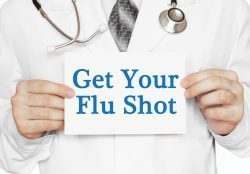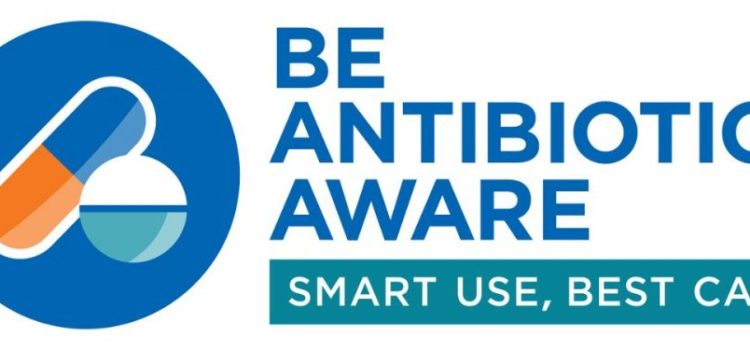Plans to reopen an emergency room that closed in 2014 have been scrapped in favor of expanding the hours of a nearby urgent care center in Spokane, WA. Administrators at the Mann-Grandstaff Veterans Affairs Medical Center haven’t hired enough physicians to staff the ED, so rather than delay further or try to get by on insufficient staffing, the plan is to keep the urgent care center open 24 hours a day, 7 days a week. …
Read More









